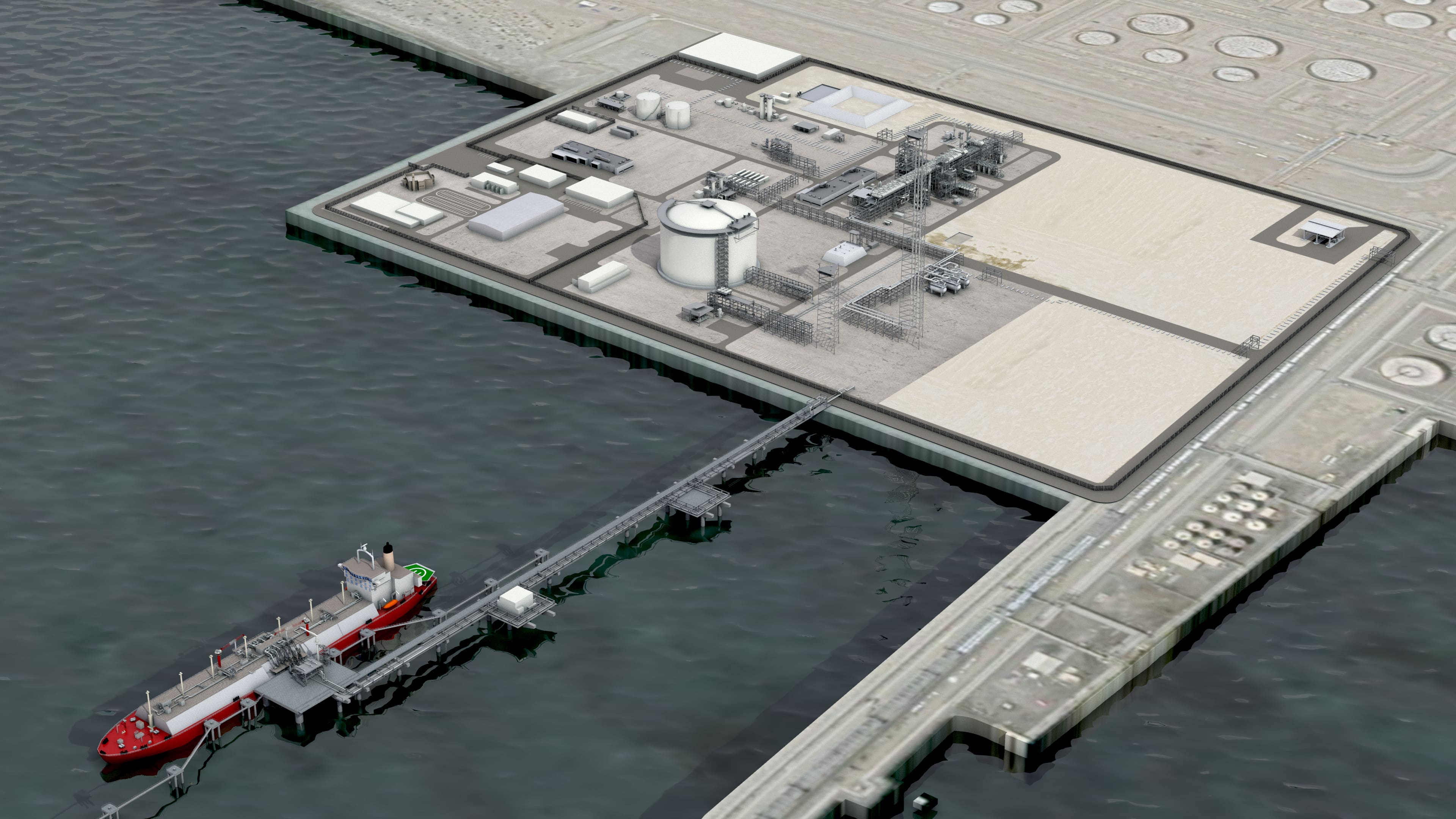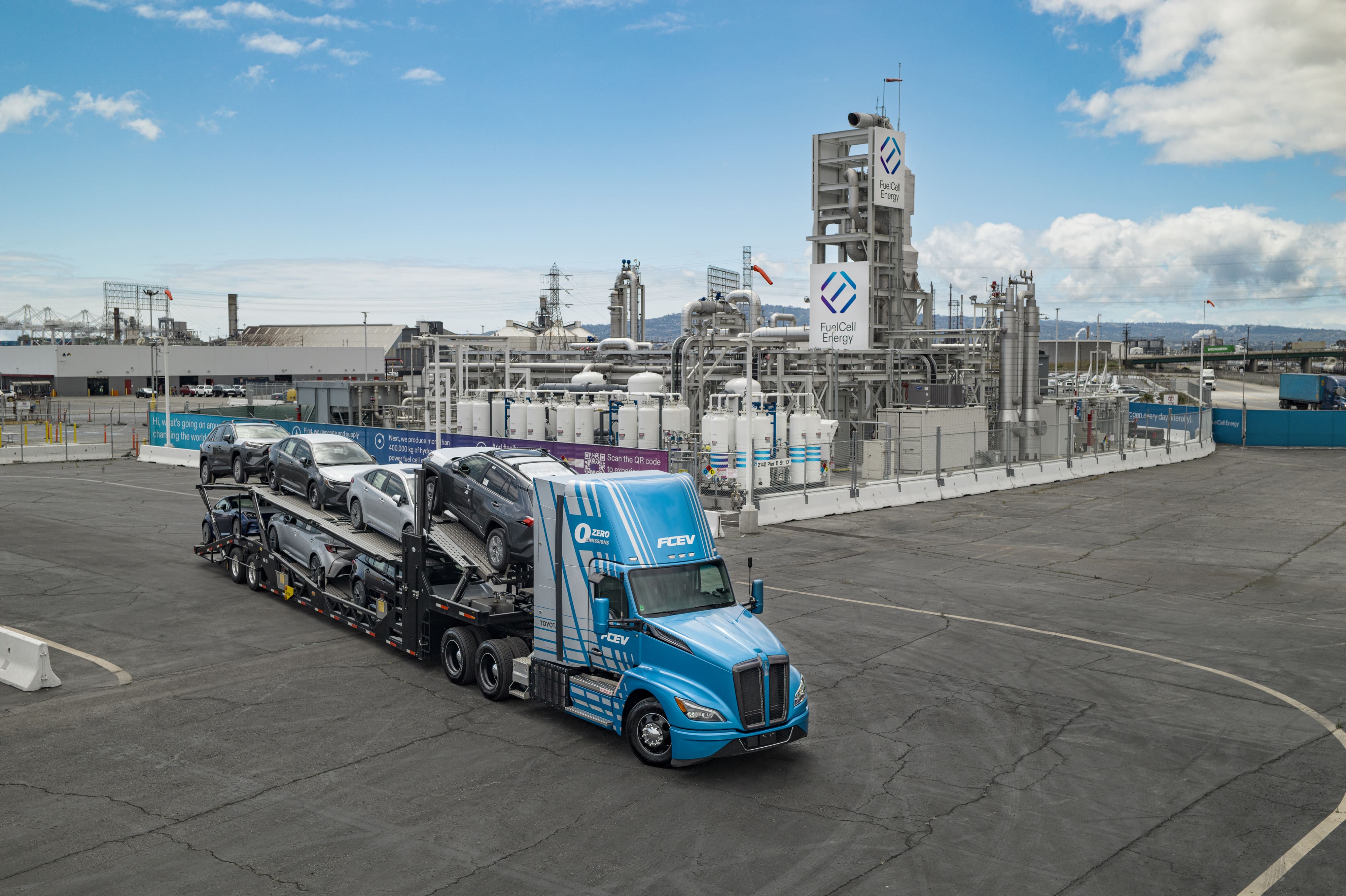Chevron and Cummins have announced a memorandum of understanding (MoU) to explore a strategic alliance to develop commercially viable business opportunities in hydrogen and other alternative energy sources. The MoU provides the framework for Chevron and Cummins to initially collaborate on four main objectives: advancing public policy that promotes hydrogen as a decarbonizing solution for transportation and industry, building market demand for commercial vehicles and industrial applications powered by hydrogen, developing infrastructure to support the use of hydrogen for industry and fuel cell vehicles, and exploring opportunities to leverage Cummins electrolyzer and fuel cell technologies at one or more of Chevron’s domestic refineries.
“Chevron is committed to developing and delivering affordable, reliable, ever-cleaner energy, and collaborating with Cummins is a positive step toward our goal of building a large-scale business in a lower-carbon area that is complementary to our current offerings,” said Andy Walz, president of Chevron’s Americas Fuels & Lubricants. “Hydrogen is just one lower-carbon solution we are investing in that will position our customers to reduce the carbon intensity of their businesses and everyday lives. We’ve also invested in developing and supplying renewable natural gas, blending renewables into our fuels, coprocessing biofeedstocks in our refineries, and abatement projects that will reduce the carbon intensity of our operations.”
“Working with Chevron to advance hydrogen technology and accelerate ecosystem development helps us continue our goal in enabling a carbon-neutral world,” said Amy Davis, vice president and president of New Power at Cummins. “The energy transition is happening, and we recognize the critical role hydrogen will play in our energy mix. We’ve deployed more than 2000 fuel cells and 600 electrolyzers around the world and are exploring other hydrogen alternatives including a hydrogen-fueled internal combustion engine as we continue to accelerate and harness hydrogen’s powerful potential.”


















